Thousands Charged With Drug Possession Walk Free, Leaving Taxpayers With the Tab
Chicago Reporter
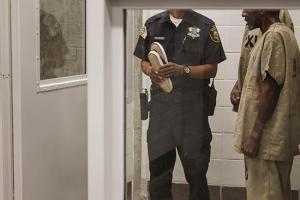 Drug possession is the No. 1 reason people were in Cook County Jail last year. That’s been the case for the better part of the past decade. Since 2006, people have been booked and released more than 100,000 times for possession, according to jail records. And during that same time period, taxpayers have spent $778 million jailing people on the lowest-level possession charges.
Drug possession is the No. 1 reason people were in Cook County Jail last year. That’s been the case for the better part of the past decade. Since 2006, people have been booked and released more than 100,000 times for possession, according to jail records. And during that same time period, taxpayers have spent $778 million jailing people on the lowest-level possession charges.

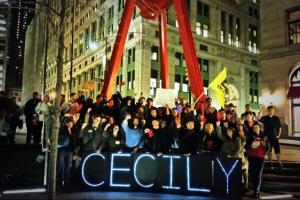
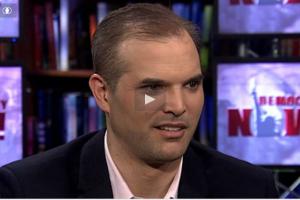

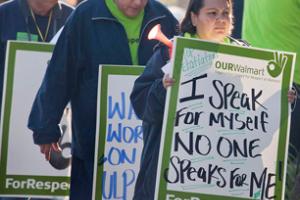
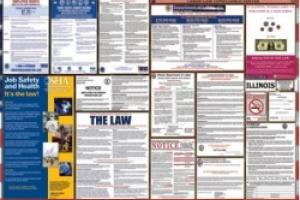
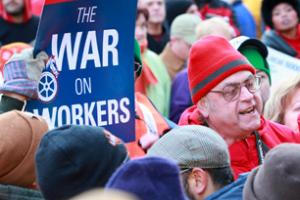
Spread the word